As part of Human Concern International’s webinar series, HCI recently hosted a compelling session focused on the ongoing humanitarian crisis in Syria and the transformative impact of our Village of Hope project. The webinar featured an esteemed panel of speakers: HCI’s MC Momin Janjua, HCI’s CEO Mahmuda Khan, HCI Ambassador Sheikh Hosam Helal, Hamza El Abdulla, CEO of Ansur and HCI’s partner on the ground, and Bayan Khatib, Co-Founder of the Syrian Canadian Foundation. Together, they provided powerful insights into the challenges facing Syria, the impact of HCI’s efforts, and the collective steps needed to rebuild hope and resilience.
The webinar aimed to:
Over 90% of Syrian families live below the poverty line, millions face displacement, and children are losing access to education and healthcare. Through this webinar, HCI sought to emphasize the urgency of continued efforts and the potential for lasting change through projects like the Village of Hope.
Momin Janjua opened the session by outlining Human Concern International’s mission to address global humanitarian crises through a model of crisis response to sustainability. He emphasized HCI’s 40-year legacy as Canada’s oldest Muslim charity, having served in over 40 countries.
Momin painted a stark picture of the ongoing humanitarian crisis in Syria, citing devastating statistics: 90% of families living below the poverty line, 7.5 million children in need of urgent aid, and over 2 million people displaced and requiring shelter. He further detailed the collapse of Syria’s essential systems, including healthcare and education, and the compounded challenges of harsh winters and natural disasters, such as the 2023 earthquake.
Amid these overwhelming challenges, Momin highlighted the Village of Hope as a model of resilience and innovation, describing it as more than just a housing project. He portrayed it as a vibrant, self-sustaining community that provides families with safety, dignity, and a fresh start. Momin underscored how this initiative exemplifies HCI’s commitment to creating lasting solutions, offering displaced families not only immediate relief but the tools to rebuild their futures.
Mahmuda Khan shared her account of her recent visit to the Village of Hope, sharing both the inspiring progress and the sobering realities on the ground. She highlighted the village’s new medical clinic, inaugurated during her visit, which now serves not only the 308 families residing in the village but also 8,000 people from surrounding communities. Mahmuda underscored the clinic’s significance as the first in the area to offer essential dental care, emphasizing its role as a lifeline for families who previously had no access to basic healthcare.
She detailed HCI’s four-phase approach to sustainable development, which begins with field assessment to identify critical needs, moves into emergency response to provide immediate relief, transitions to community recovery to restore stability, and culminates in infrastructure building to create lasting solutions. This structured approach, she explained, ensures that HCI’s efforts are not just reactive but pave the way for long-term resilience.
Mahmuda also shared personal and deeply moving stories from the village. She spoke of a pregnant woman who expressed immense relief at no longer having to travel great distances for care, and a Syrian couple, displaced six times over the years, who now feel a renewed sense of dignity and security in their new home. “This village has given them hope for the future,” she remarked, noting how the project provides not just shelter, but a complete community—with schools, marketplaces, and places of worship—where families can rebuild their lives with safety and dignity.
Her reflections captured the transformative impact of the Village of Hope and reinforced HCI’s commitment to expanding such initiatives. Mahmuda concluded by expressing profound gratitude to the donors, emphasizing that projects like the Village of Hope are only possible through their steadfast support and generosity.
Bayan Khatib, co-founder of the Syrian Canadian Foundation, delivered a powerful narrative that combined historical depth with an urgent call to action. She began by revisiting the origins of the Syrian crisis, which stemmed from a popular uprising during the Arab Spring, demanding freedom and human rights. She recounted how this hopeful movement was met with brutal violence, escalating into a prolonged and devastating conflict that has now displaced millions and left much of the country in ruins.
Bayan emphasized the ongoing humanitarian challenges faced by Syrians today, even as the crisis has faded from global headlines. She highlighted staggering statistics, such as 650,000 children suffering from malnutrition, an unprecedented level of food insecurity, and widespread unemployment caused by economic collapse and hyperinflation. She described how these challenges are compounded by the destruction of infrastructure and public services, forcing families into increasingly desperate situations.
Drawing from her personal connection as a Syrian-born Canadian, Bayan shared how the stories of resilience and suffering she hears from relatives in Syria reflect the grim reality for millions. She spoke movingly of how entire towns have been turned to rubble, forcing countless families to live in tents without access to clean water, healthcare, or education. Despite these immense challenges, she noted the unwavering determination of Syrians to rebuild their lives and maintain hope.
In her closing remarks, Bayan called on HCI donors to remain engaged and informed about the Syrian crisis, emphasizing the importance of advocacy, support, and solidarity. She encouraged everyone to act—whether by raising awareness, contributing to impactful projects, or helping Syrian newcomers in their local communities. Through these efforts, she urged, we can honor the resilience of Syrians and help pave the way for a brighter future.
Imam Hosam Helal offered a deeply reflective and spiritual perspective on the Village of Hope, drawing parallels between its purpose and the prophetic model of community-building in Medina. He highlighted how the village embodies a holistic approach to restoring dignity and fostering a sense of belonging among displaced families, much like the way the Prophet Muhammad (peace be upon him) created a sanctuary of safety, solidarity, and cooperation in Medina for those who had fled persecution.
Imam Hosam emphasized the social and spiritual dimensions of the village, describing it as more than a collection of homes—it is a place where lives are rebuilt, relationships are forged, and hope is renewed. He detailed how the village’s design, with its school, mosque, clinic, and marketplaces, serves to meet the multifaceted needs of its residents. This comprehensive approach, he explained, ensures that families not only find refuge but also have the tools to thrive and regain their independence.
Sharing insights from his first visit to Syria, Imam Hosam spoke of the resilience and humility of the people he met, recounting how they welcomed visitors with warmth and generosity despite having so little themselves. He was particularly moved by the children, many of whom had never been to school or had access to basic education. He stressed the significance of creating opportunities for these children, not only to learn but also to envision a better future for themselves and their communities.
Imam Hosam also reflected on the profound lessons of charity and community support, emphasizing that projects like the Village of Hope are a collective responsibility. He praised the donors and supporters for embodying the spirit of ansar—the helpers who welcomed and supported the Prophet’s followers in Medina. By providing displaced families with a stable environment, the Village of Hope fosters a sense of interconnectedness and mutual support that is essential for healing and rebuilding.
In closing, Imam Hosam urged donors to continue their commitment to Syria, emphasizing that acts of giving and support are not only transformative for the recipients but also deeply enriching for the givers. He reminded everyone that such efforts reflect the core values of compassion and solidarity, leaving a lasting legacy that benefits all involved.
Hamza El Abdulla, CEO of Ansur and HCI’s partner on the ground in Syria, provided a compelling account of the realities and challenges faced in rebuilding communities amidst the ongoing Syrian crisis. With first-hand knowledge of the situation, he detailed the immense logistical difficulties that accompany humanitarian work in a conflict zone, including the lack of infrastructure, limited resources, and the devastating impact of natural disasters, such as the 2023 earthquake that compounded the struggles of an already vulnerable population.
Hamza emphasized that rebuilding in Syria involves far more than simply constructing shelters—it requires creating sustainable systems and addressing the broader needs of displaced families. In this context, he highlighted the Village of Hope as a transformational initiative. Unlike temporary aid, the village provides a permanent foundation for families to rebuild their lives with dignity and security. Beyond housing, the village is a fully integrated community hub, offering critical services like education, healthcare, and economic opportunities.
He explained how the clinic, the first of its kind in the area, now serves 8,000 people, offering essential care to residents of the village and surrounding communities. Similarly, the school is providing children—many of whom had never set foot in a classroom—with the chance to pursue an education, a vital step toward breaking the cycle of poverty and displacement. Hamza also described how the village’s marketplace and job opportunities are empowering residents to generate income and regain self-sufficiency.
Hamza candidly discussed the unexpected challenges his team faced during the project, including the earthquake, which increased the number of displaced families and exacerbated the need for housing and services. Despite these obstacles, he emphasized the importance of viewing challenges as opportunities to serve more people, reflecting the resilience and determination of both the humanitarian teams and the Syrian people.
In recounting the stories of the village’s residents, Hamza shared a particularly poignant account of an elderly man who had been displaced six times before finally finding stability in the Village of Hope. The man described his new life in the village as a “return to dignity,” a sentiment echoed by many others who now have access to clean water, healthcare, and education for their children.
Hamza concluded by thanking donors and supporters for their role in transforming lives through the Village of Hope. He reiterated the critical need for continued efforts, calling on the international community to sustain and expand initiatives that not only provide shelter but also build the foundation for a brighter, self-reliant future for displaced Syrians.
The situation in Syria is dire, but projects like the Village of Hope prove that change is possible with collective effort. Join HCI in making a lasting impact. Visit our website to learn more about our initiatives and to donate to the Village of Hope Expansion Project. Together, we can provide dignity, security, and hope to those who need it most.
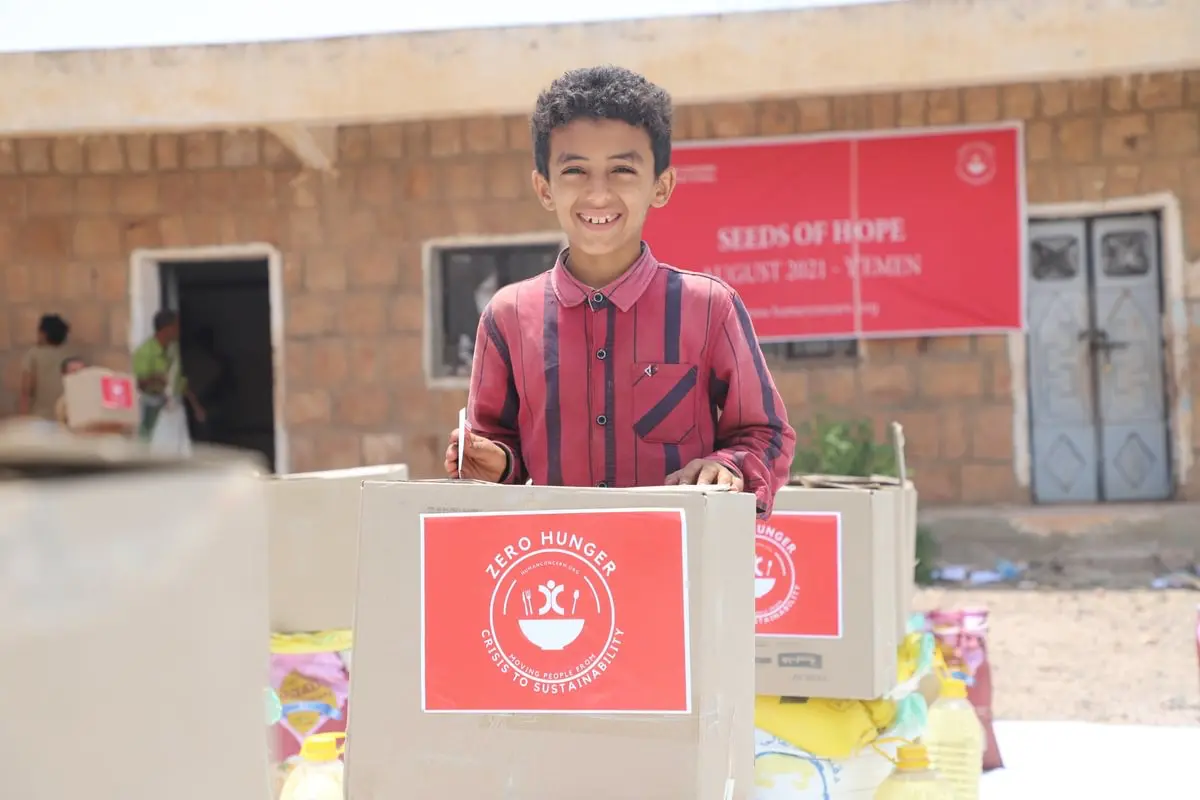
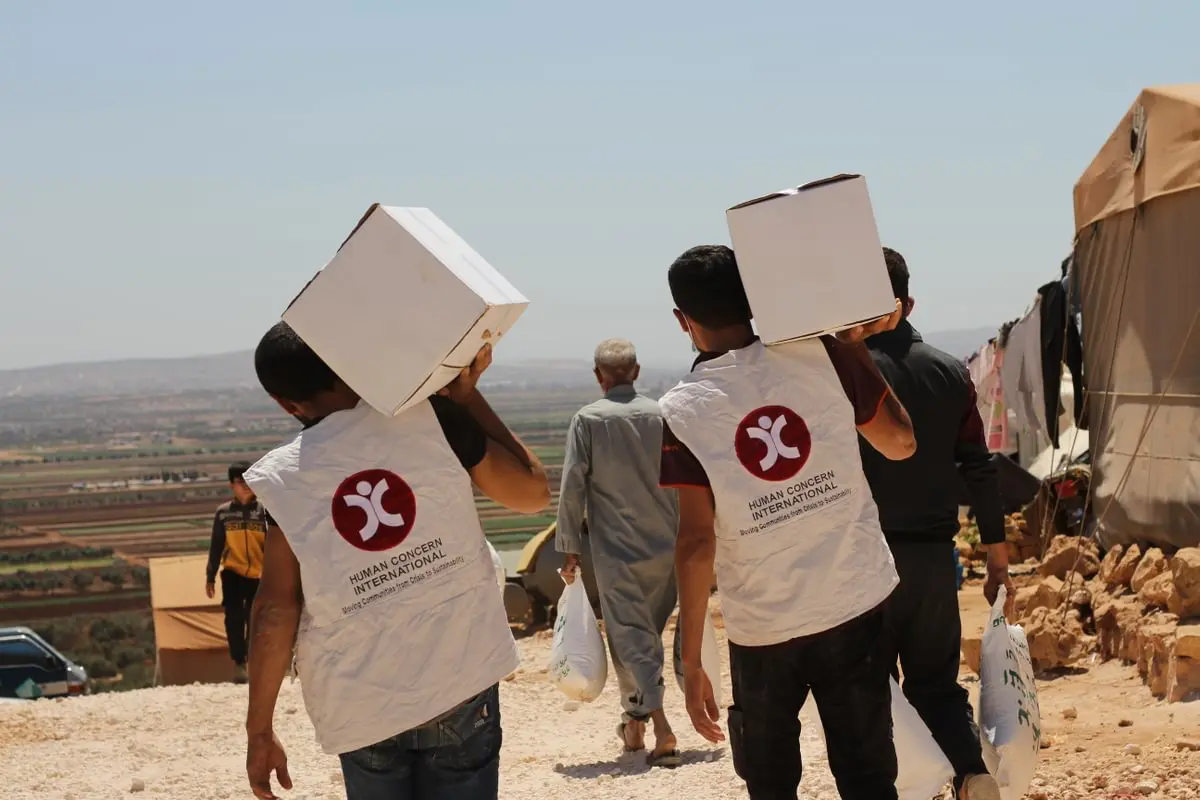
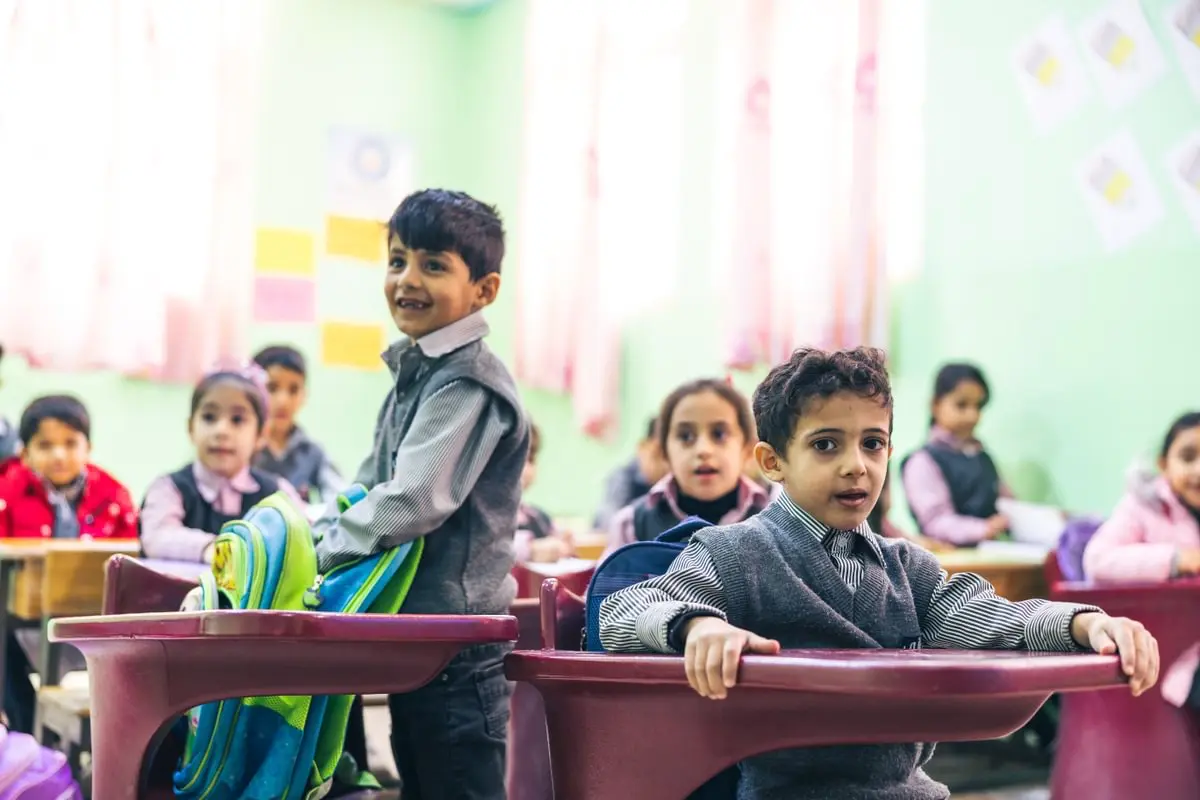
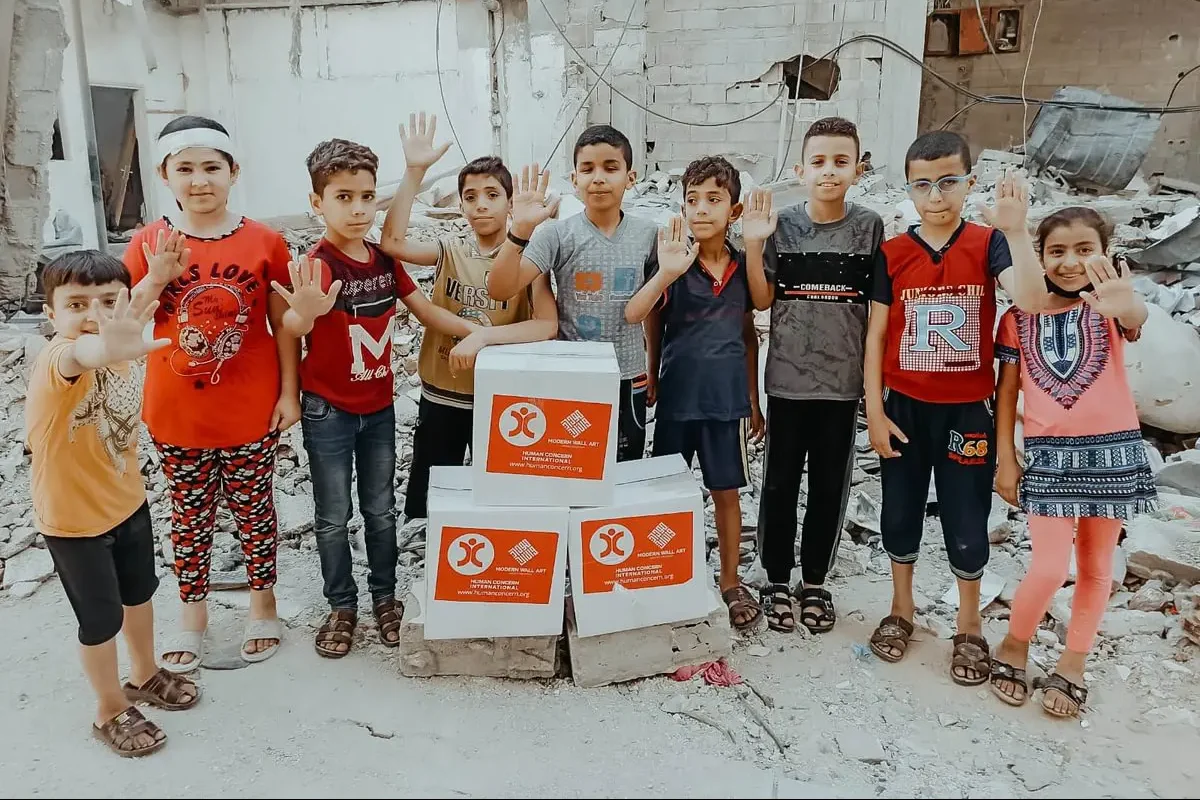
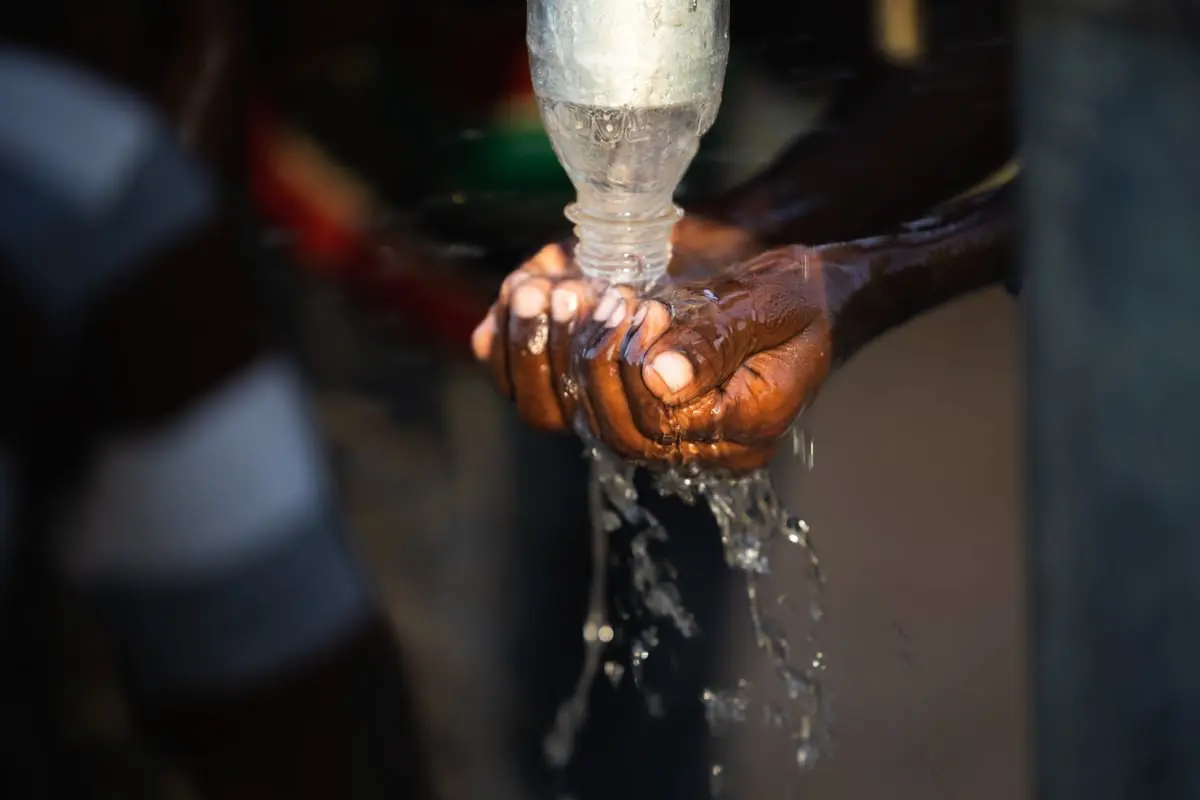
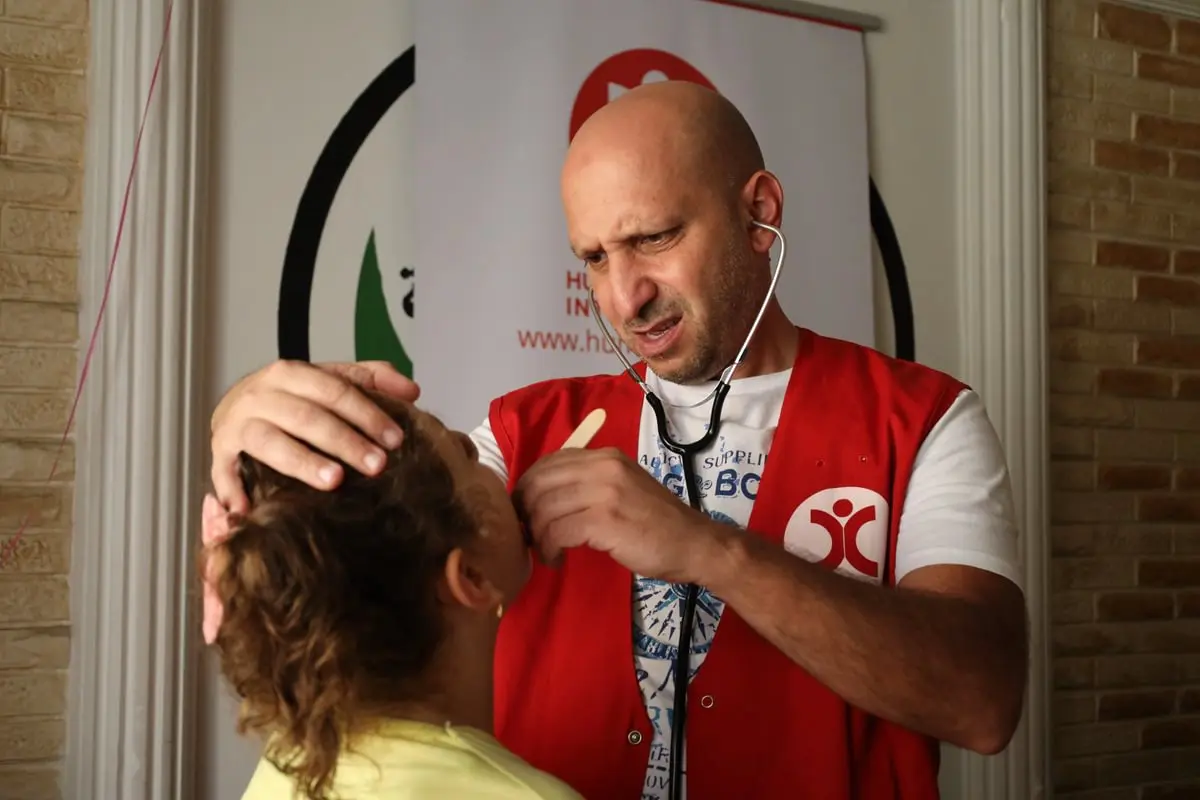
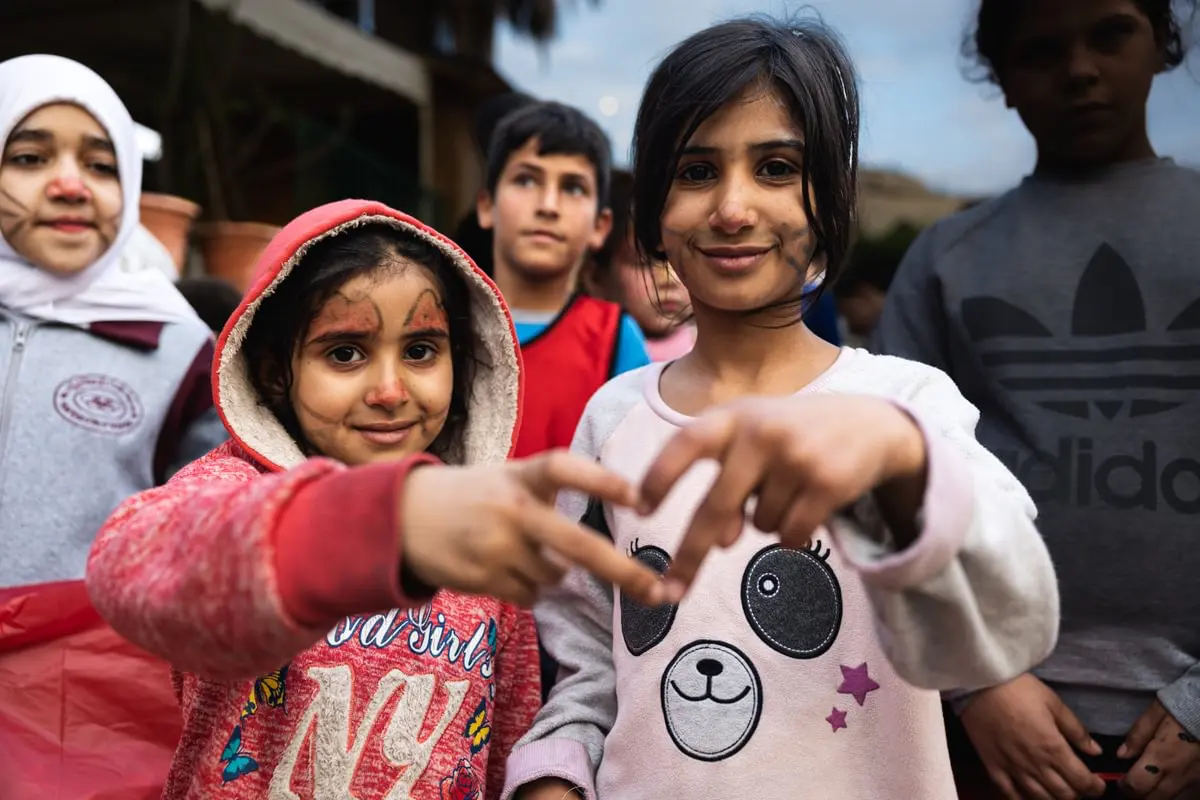
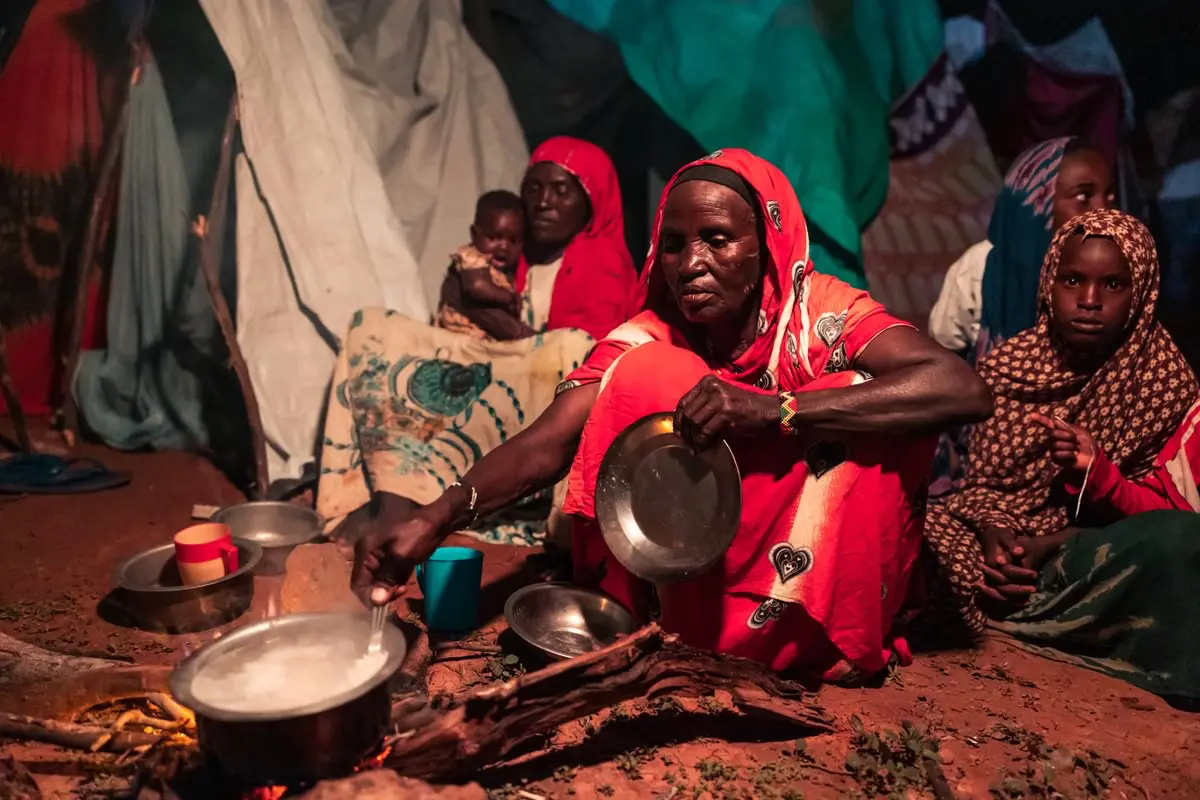
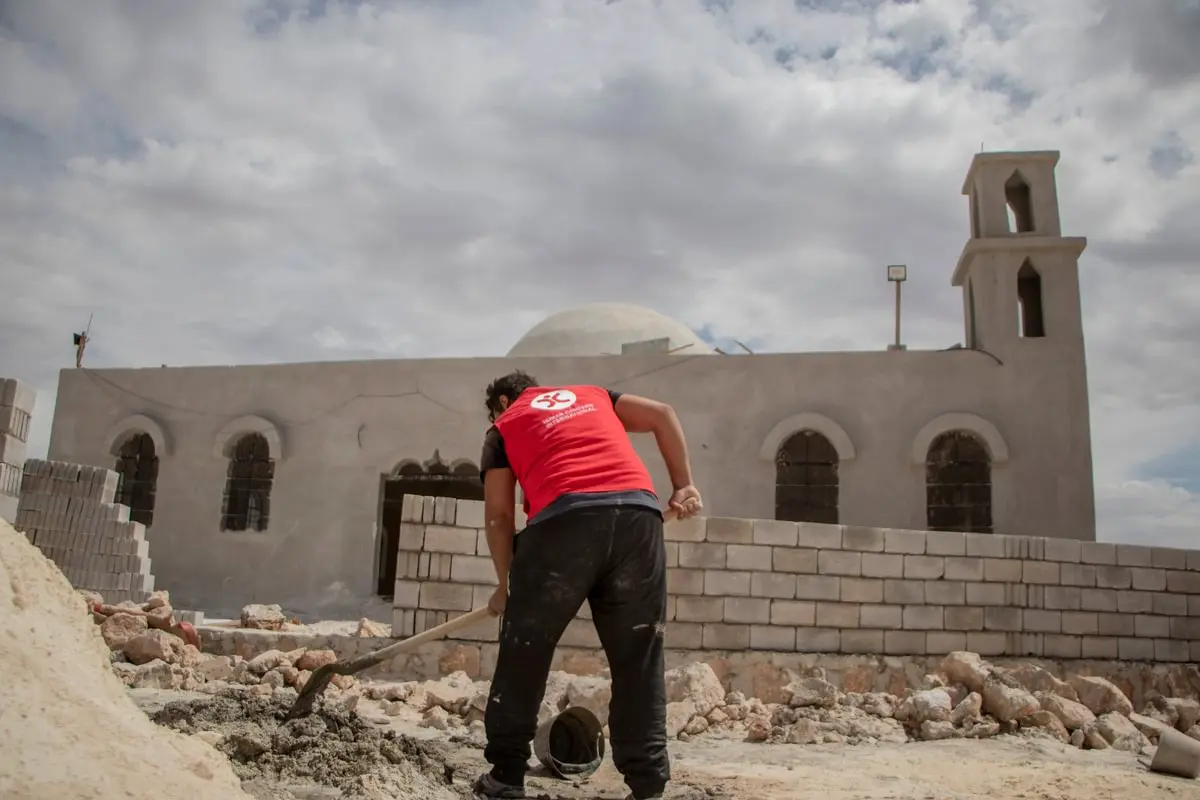
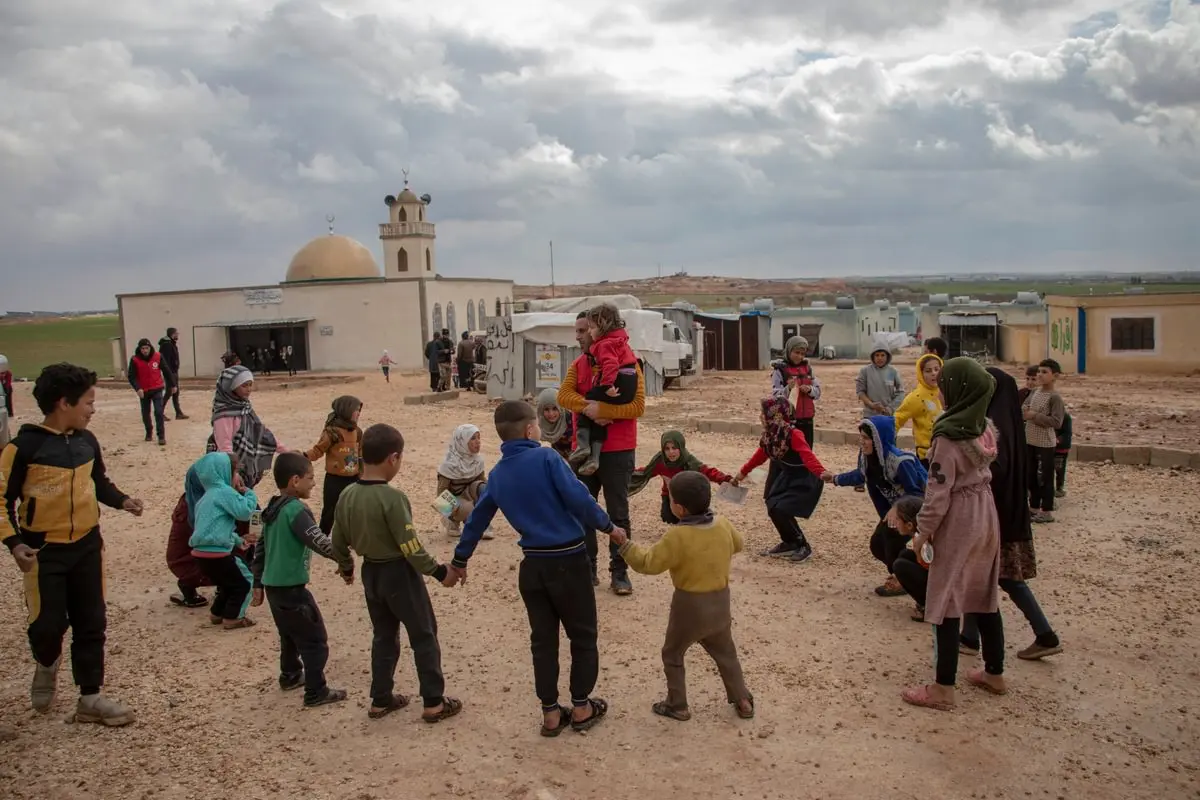
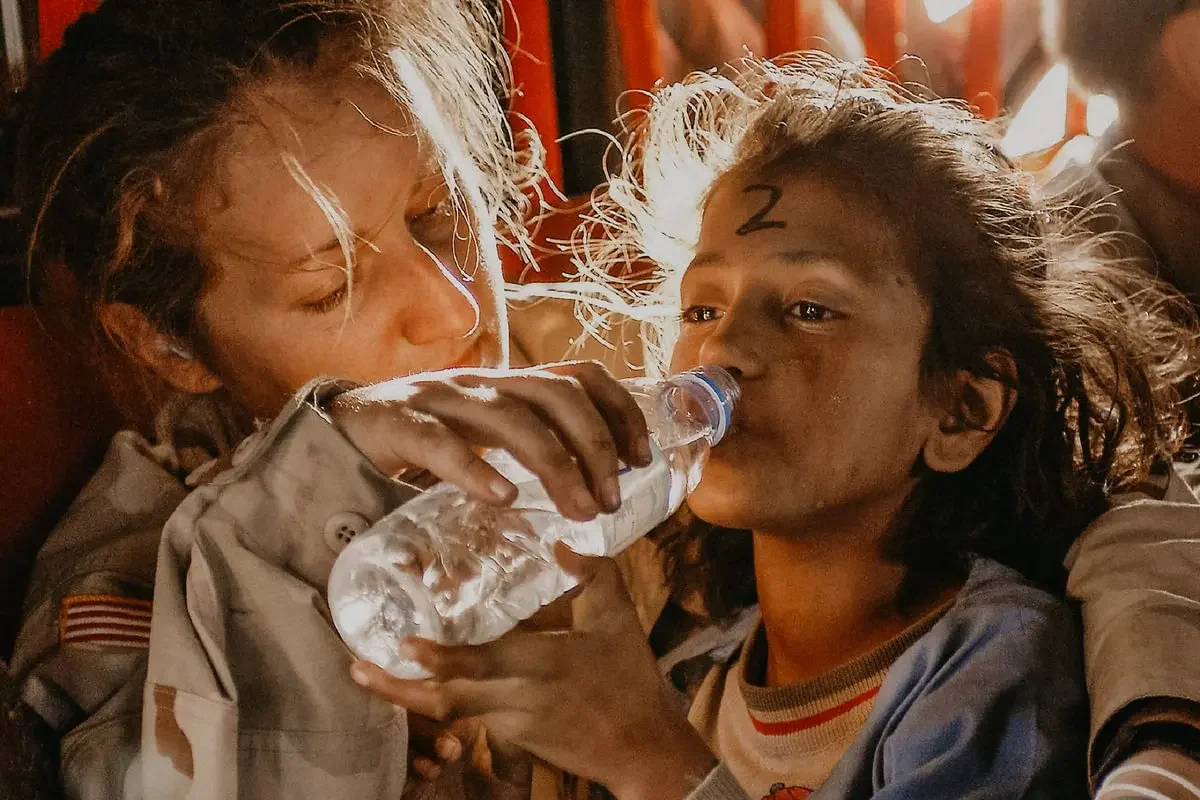
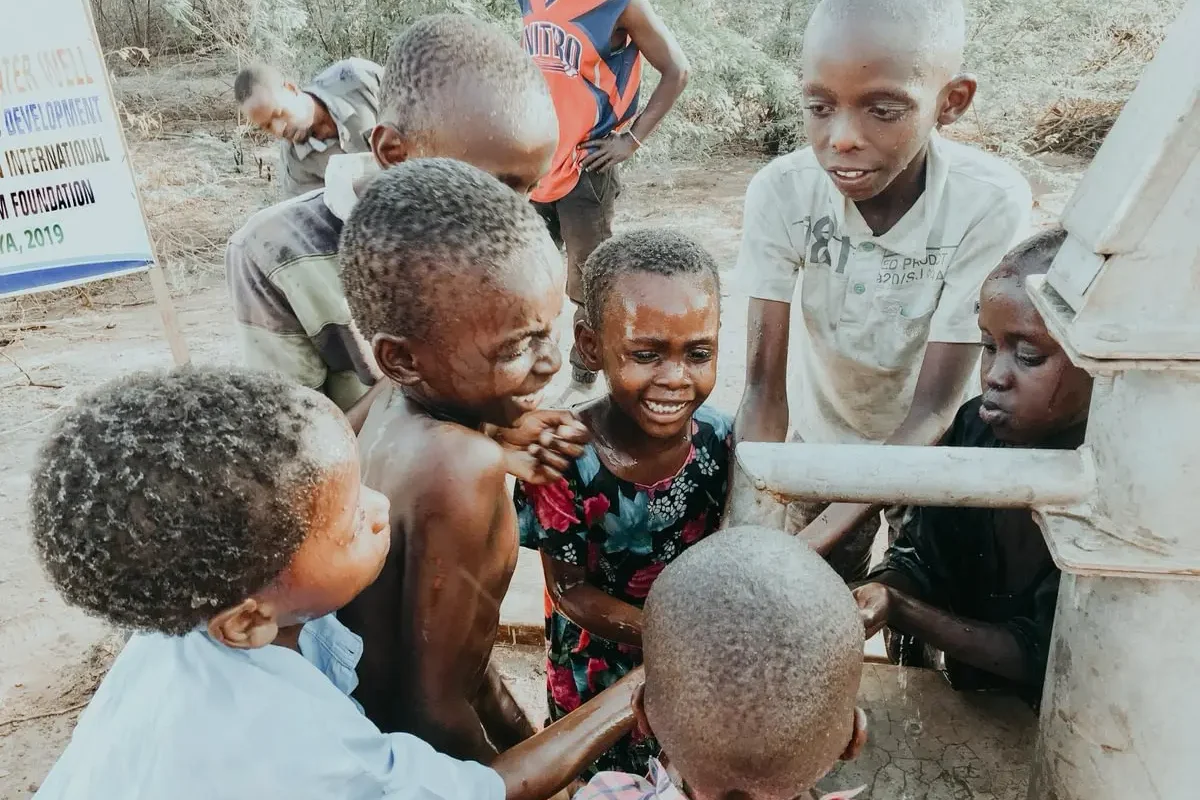
Human Concern International is the oldest Muslim relief organization in Canada, fighting poverty for over 45 years.
We are a registered charity with the CRA. Charitable Registration No. 107497125 RR 0001